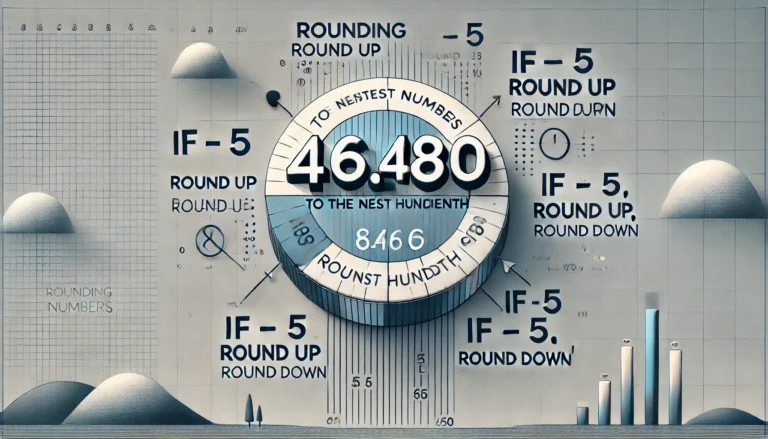
Migraines are more than just a bad headache. They can bring a variety of uncomfortable symptoms, including nausea and vomiting. If you’ve ever found yourself feeling sick to your stomach during a migraine attack, you may have wondered why migraines make you throw up. This article explores the connection between migraines and vomiting, explains why this happens, and discusses how medications like Sumatriptan 100 mg can provide relief from migraine symptoms.
What Happens During a Migraine?
Migraines are complex neurological events that affect the brain’s functioning. These attacks usually involve intense throbbing or pulsating pain, often on one side of the head. But the discomfort doesn’t stop there. Migraines can also lead to nausea, vomiting, and extreme sensitivity to light and sound.
Common Symptoms of a Migraine
- Severe, throbbing headache
- Nausea
- Vomiting
- Sensitivity to light, sound, or smells
- Visual disturbances (aura)
Why Do Migraines Make You Throw Up?
Vomiting during a migraine is not uncommon. The connection between migraines and nausea or vomiting is due to how migraines affect the nervous system, particularly the brainstem, which regulates nausea and vomiting. When you experience a migraine, this part of the brain becomes overstimulated, causing nausea. Vomiting can be the body’s response to this sensation.
The Role of the Gut-Brain Connection
Migraines are also closely tied to the gut-brain axis, the communication network between the brain and digestive system. During a migraine, this connection can become disrupted, leading to stomach upset and nausea. When your digestive system slows down during an attack, food may not move through the stomach as quickly, leading to nausea and, in some cases, vomiting.
How Common is Vomiting with Migraines?
Vomiting is a relatively common symptom for people with migraines, though not everyone will experience it. It’s more likely to occur in those who suffer from more severe migraines, such as those with aura. Children and adolescents may also be more prone to experiencing vomiting during migraines.
How to Manage Migraine-Induced Vomiting
Dealing with vomiting during a migraine can be incredibly uncomfortable and exhausting. Fortunately, there are several strategies to manage this symptom.
Stay Hydrated
Vomiting can lead to dehydration, which may worsen your migraine. Sipping small amounts of water or an electrolyte drink can help you stay hydrated and reduce nausea.
Take Medications like Sumatriptan 100 mg
Sumatriptan 100 mg is one of the most effective treatments for migraines. It works by narrowing blood vessels in the brain, which helps to alleviate headache pain and reduce associated symptoms like nausea and vomiting. By taking Sumatriptan 100 mg at the onset of a migraine, you can lessen the likelihood of vomiting and speed up recovery.
Rest in a Dark, Quiet Room
Migraines often make you sensitive to light and sound, which can worsen nausea. Resting in a dark, quiet space can help your body calm down and ease the discomfort.
Eat Lightly
If you’re feeling nauseous during a migraine, avoid heavy or greasy foods, which can irritate your stomach further. Stick to bland, easy-to-digest foods like crackers or toast.
Can Sumatriptan 100 mg Stop Vomiting During a Migraine?
Yes, Sumatriptan 100 mg can help stop vomiting during a migraine. It not only targets the headache but also addresses other migraine symptoms, including nausea and vomiting. By treating the root cause of the migraine, Sumatriptan 100 mg can prevent the migraine from worsening and help you recover more quickly.
Benefits of Using Sumatriptan 100 mg
- Quick relief from migraine pain
- Reduces nausea and vomiting
- Can prevent future migraine attacks
- Well-tolerated by most people
When to Seek Medical Help
While vomiting during a migraine can be uncomfortable, it’s not usually a cause for concern. However, if you experience frequent or severe vomiting that doesn’t go away with medication, it’s important to see a doctor. Persistent vomiting can lead to dehydration, which may require medical treatment.
Tips to Prevent Migraine-Induced Vomiting
While you can’t always prevent vomiting during a migraine, there are ways to reduce your risk:
- Take migraine medication early: Using Sumatriptan 100 mg at the first sign of a migraine can prevent nausea and vomiting from developing.
- Avoid migraine triggers: Identify and avoid common triggers such as certain foods, stress, and lack of sleep.
- Stay hydrated: Dehydration can make nausea worse, so drink water throughout the day.
- Manage stress: Stress is a common migraine trigger. Practice relaxation techniques like deep breathing or meditation to keep your stress levels in check.
Conclusion
Migraines are more than just headaches—they can cause a range of symptoms, including nausea and vomiting. The connection between migraines and vomiting is linked to how the brainstem and the gut-brain axis are affected during an attack. While vomiting during a migraine can be distressing, using medications like Sumatriptan 100 mg can help alleviate these symptoms. By managing your migraines early and effectively, you can reduce the chances of experiencing vomiting and improve your quality of life.






